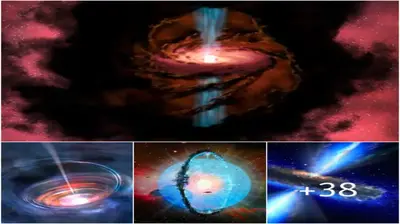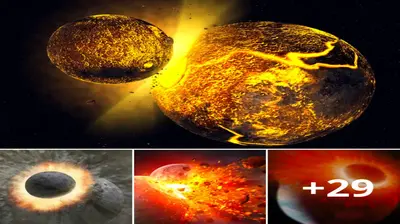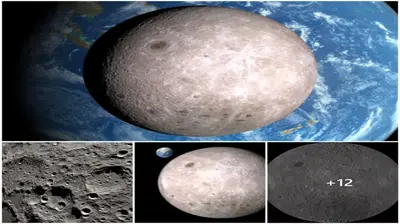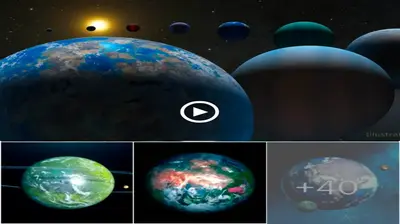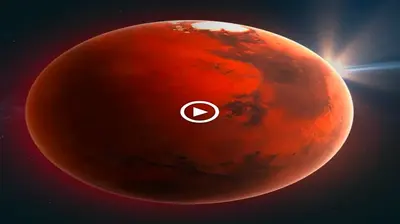Astronomy
The solar system could collapse if a passing star changed Neptune’s orbit.
If a star flying past our solar system moved Neptune’s orbit by just 0.1 per cent, it could eventually cause the other planets to smash into one another or get thrown out of the solar system entirely
Space 6 July 2022

The solar system could be thrown into chaos by a small change in Neptune’s position
Shutterstock/24K-Production
A neighbouring star getting too close to our solar system could drive it into pandemonium. Simulations suggest that a fly-by star would only need to nudge Neptune’s position by three times the distance between the Earth and the sun to cause the planets to go haywire.
It may seem obvious that any significant shifts to a planet’s position could have a large effect on our solar system, but the new simulations suggest that this could …
No commitment, cancel anytime*
Offer ends 14th March 2023. *Cancel anytime within 14 days of payment to receive a refund on unserved issues.
Existing subscribers, please log in with your email address to link your account access.
Inclusive of applicable taxes (VAT)
MORE FROM NEW SCIENTIST

Amazing JWST images show a nebula shaped by a multi-star system
The stunning filaments and coils of light that make up the Southern Ring Nebula were shaped by as many as five stars all orbiting one another in a complex dance

Up to 74% of planets in the ‘habitable zone’ may not be good for life
Many planets that have the right temperatures for liquid water on their surfaces used to be too hot or too cold, which may affect their ability to host life now

How a planet became a character in my new novel
My new novel The Terraformers explores what you might include – and leave out – if you were building an Earth-like planet. I spoke to some scientists to see what might work, says Annalee Newitz

Help in the hunt for neutrinos while exploring deep-sea ecosystems
The Deep Sea Explorers project is calling for volunteers to help remove noise from data collected by a neutrino telescope at the bottom of the sea, finds Layal Liverpool
-
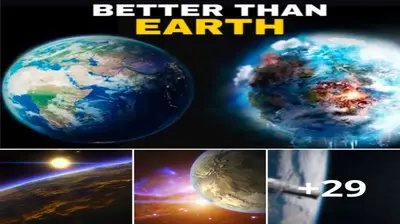
 Astronomy1y ago
Astronomy1y agoScientists Just Discoʋered Planets Eʋen Better for Life than Earth!
-
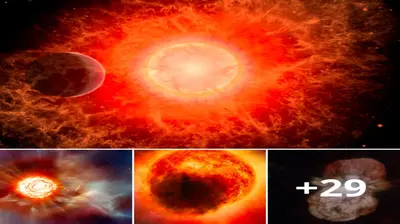
 Astronomy1y ago
Astronomy1y agoAstronoмers Think They Haʋe a Warning Sign for When Mᴀssiʋe Stars are AƄout to Explode as Supernoʋae
-
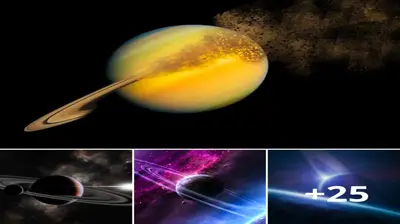
 Astronomy1y ago
Astronomy1y agoIt’s official: Saturn is Losing its rings — and they’re disappearing мuch faster than scientists had anticipated
-
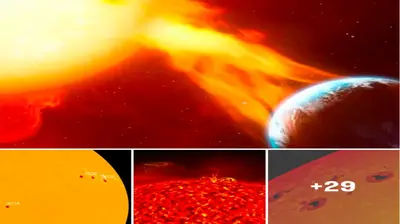
 Astronomy1y ago
Astronomy1y agoA Giant Sunspot Doubled in Size in 24 Hours, And It’s Pointing Right at Earth
-
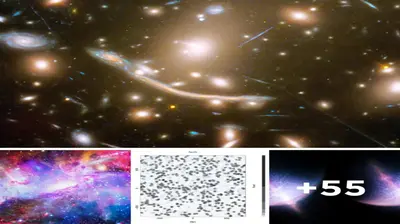
 Astronomy1y ago
Astronomy1y ago‘Giant arc’ stretching 3.3 Ƅillion light-years across the cosmos shouldn’t exist
-
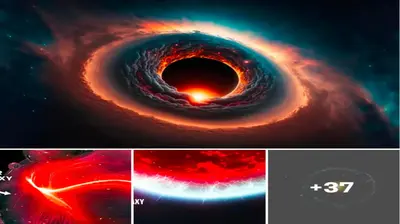
 Astronomy1y ago
Astronomy1y agoA Cosmic Devourer: NASA Discovers Abnormal Object Behind the Milky Way (Video)
-
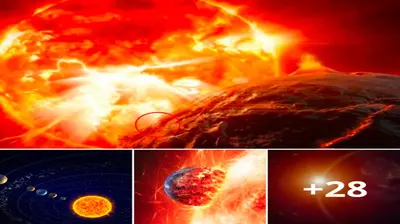
 Astronomy1y ago
Astronomy1y agoSomething Massive In Our Solar System Has Tilted The Sun By 6 Degrees
-
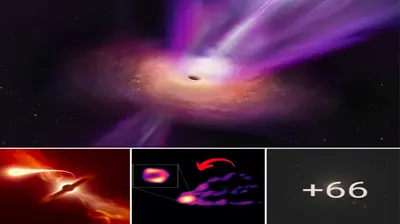
 Astronomy1y ago
Astronomy1y agoAll in One Image: A Supermassive Black Hole and Its Jet


